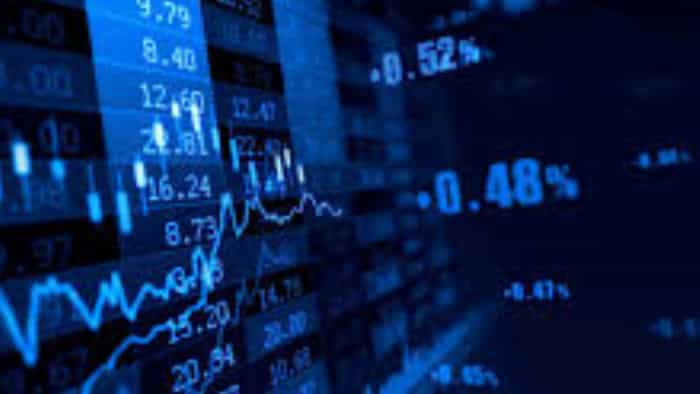Commodity Trading: What is it and the best tips to do it?
Commodity trading refers to buying, selling or trading raw materials or their derivatives. It involves two types of primary resources- hard commodities like gold, oil and silver, and soft commodities like agricultural products like corn, wheat and soybean
)
One of the most common terms in the stock market is commodity trading. The phrase refers to buying, selling or trading raw materials like oil, sugar and cotton or their derivatives. Commodity trading is a good way to diversify one’s investment portfolio. In the case of precious metals like gold, commodities can prove to be a hedge against inflation. The trade is dependent on a number of factors including currency variations, inflation, geopolitical tensions and demand-supply factors. If you want to begin trading in commodities, here is a quick explainer on what it exactly is, how you can start and what factors you need to keep in mind.
What is commodity trading?
Commodity trading involves two types of primary resources – hard commodities like gold, oil and silver, and soft commodities like agricultural products like corn, wheat and soybean. The trade brings together buyers and sellers to a centralised marketplace. The Multi Commodity Exchange (MCX) in India is one such platform for commodity trading.
How to start commodity trading?
Open a demat account: To trade in commodities, a demat account is required. Opt for a brokerage that offers competitive rates and expert advice. After the account is created, invest a small sum in it.
Choose how you want to trade: Trading in commodities includes both purchasing stocks of companies based on commodities, mutual funds or direct investment.
Tips for commodity trading
Understand the commodities cycle: A basic understanding of the market and commodity cycles is essential to trade in the sector. Look at recurring patterns in demand and supply, volatility levels and causes for changes in commodity prices to tackle the trade.
Keep track of international news: Commodity trading is dependent to a large extent on developments in the international arena. Any investor needs to keep a check on news about geopolitical issues, border disputes, conflicts, economic developments to ensure they can make viable investments.
Stop loss is crucial: Stop loss means that the trade automatically shuts down if the price of the stock goes below a certain level. In commodity trading, a stop loss is essential and can limit any fallout if the security does not perform according to expectations.
Diversification: It is important to diversify one's commodity investment portfolio. This ensures that the trader is protected from any big losses and can mitigate the risk of a potentially risky natural resource like oil.
Avoid high leverage: Commodity trading usually requires more leverage than stock markets. The term refers to the utilisation of borrowed funds for increasing an investor’s trading position beyond what they can achieve from their cash balance alone. This allows for greater returns for an initial investment. But, the potential losses will also be higher. Understand the risks of high leverage and avoid getting carried away by the prospect of high returns.
Get Latest Business News, Stock Market Updates and Videos; Check your tax outgo through Income Tax Calculator and save money through our Personal Finance coverage. Check Business Breaking News Live on Zee Business Twitter and Facebook. Subscribe on YouTube.
RECOMMENDED STORIES
01:26 PM IST











 NCDEX to discontinue 'options on goods’ contracts in select commodities
NCDEX to discontinue 'options on goods’ contracts in select commodities Gandhi Jayanti holiday: MCX to remain shut today; trading in gold, silver, other commodities to resume tomorrow
Gandhi Jayanti holiday: MCX to remain shut today; trading in gold, silver, other commodities to resume tomorrow MCX shares slump after regulator asks commodity exchange to put move to new platform on hold
MCX shares slump after regulator asks commodity exchange to put move to new platform on hold Jindal Steel, SAIL, Nalco: Metals dazzle in trade; factors driving the rally and expert take
Jindal Steel, SAIL, Nalco: Metals dazzle in trade; factors driving the rally and expert take MCX's gold option goes live: Should you invest in it this Dhanteras?
MCX's gold option goes live: Should you invest in it this Dhanteras?